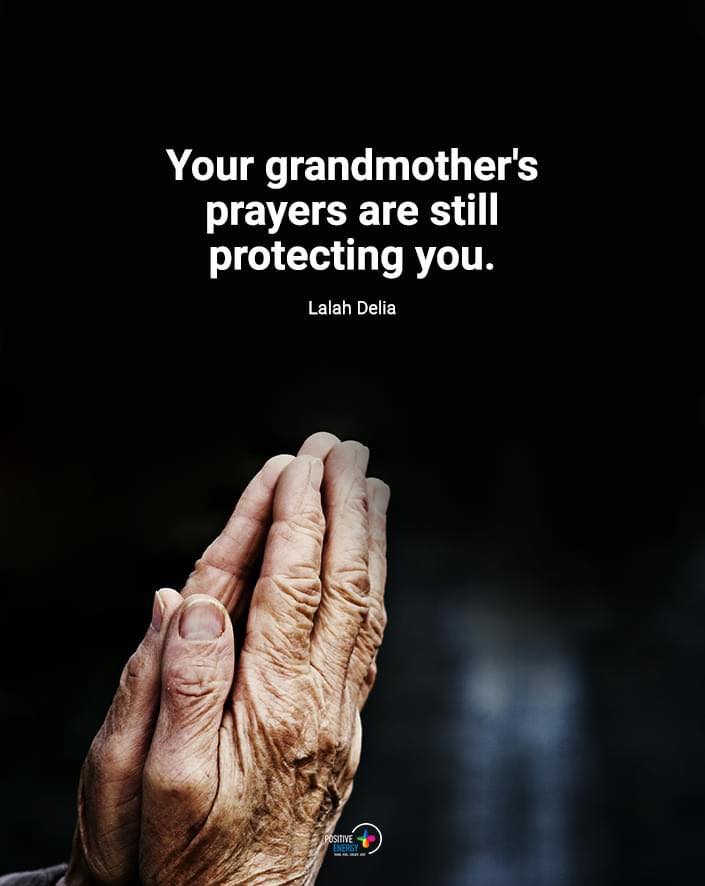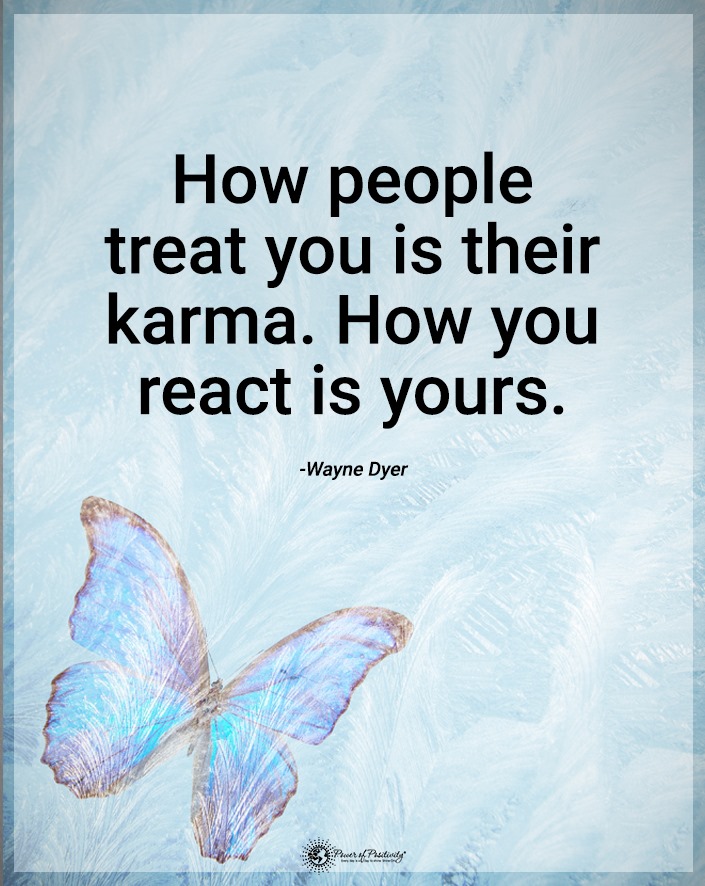New research reveals that ageist jokes and comments that may seem inoffensive can harm mental health. Psychologists have found that ageism undermines well-being by suggesting that older people are less capable.
While joking about your grandpa misplacing his keys again may seem harmless, it may impact him more than you’d think. These offhand remarks, called “everyday ageism,” tend to cast older adults in a negative light. Perhaps some elderly adults can brush them off, but others may take them to heart.
A recent study published in JAMA Network Open found that almost all adults have encountered ageist statements at least once. These tactless jokes have become prevalent in the media and everyday conversations with younger people. Some older people who hear ageist messaging may even start believing these negative aging stereotypes.
The study’s first author Julie Ober Allen, Ph.D., an assistant professor at the University of Oklahoma, said that discrimination against older adults isn’t always blatant. It can present itself in indirect ways as well. Everyday ageism stems from negative stereotypes and perspectives about the elderly that ignore their uniqueness. Instead, these stereotypes place all older people in a box and fail to consider their positive traits.
Furthermore, researchers uncovered a link between experiences of age discrimination and reduced well-being. Ober Allen and her colleagues from the University of Michigan studied over 2,000 people between 50 and 80 years old.
Psychologists Reveal How Ageism Harms Mental Health

Researchers utilized the Everyday Ageism Scale to gauge the prevalence of ageist experiences participants had, separating them into three categories. The team asked respondents how strongly they agreed or disagreed with these statements:
- “I hear, see, or read jokes about old age, aging, or older adults.”
- “People assume that I have difficulty with cell phones and computers.”
- “People assume I have difficulty remembering or understanding things.”
- “I hear, see, or read things suggesting that older adults and aging are unattractive or undesirable.”
- “People assume I have difficulty hearing or seeing things.”
- “People insist on helping me with things I can do independently.”
- “Feeling depressed, sad, or worried is part of getting older.”
- “People assume I do not do anything important or valuable.”
- “Having health problems is part of getting older.”
- “Feeling lonely is part of getting older.”
In total, 93% of respondents said they frequently encountered at least one type of ageism. Most commonly, participants reported experiencing internalized ageism reflecting personal beliefs about aging.
For example, many thought having health problems as they age was normal. Almost 80% of participants believed this statement, even though 82% reported being in good or excellent health.
65% of surveyed adults reported seeing, hearing, or reading derogatory jokes and stereotypes about aging. 45% admitted that they often encountered interpersonal ageism or discrimination from others. For instance, others may assume they had difficulty seeing, hearing, remembering, understanding, or performing activities alone. Age discrimination could also mean people believed they weren’t doing anything significant in life.
After polling participants about specific ageist encounters, researchers wanted to see how ageism impacted their health. So, they determined an “everyday ageism score” for each participant and compared this score to self-reported physical and mental health assessments.
The findings revealed that participants with higher ageism scores were more likely to report “fair” or “poor” health. They also experienced more frequent instances of chronic conditions and depression.
The Link Between Ageist Encounters and Poor Health
While the study doesn’t prove a direct correlation between ageism and declining health, it still warrants further investigation. Ober Allen and her colleagues suggest that experiencing frequent ageism raises cortisol levels, which may contribute to health conditions. Any form of chronic stress, including ageism, can immensely strain the body’s stress response system.
Most people don’t think about the effects of ageist beliefs on the elderly. However, age discrimination can harm mental health as much as racism or sexism. In summary, being consistently exposed to ageist statements from media, other people, and internalized beliefs can trigger harmful physical responses.
Ober Allen said that when people have chronically high cortisol levels, it can cause accelerated aging. In addition, it increases the risk of chronic diseases because of the strain on the body and mind. Of course, not all age-related health conditions stem from everyday ageism. However, researchers note that the public could play a role in preventing poor health associated with ageism.
As a society, we have a responsibility to one another. We’re taught from a young age to show respect and kindness toward our elders. However, some of these teachings have been lost in our modern world.
Unfortunately, many people have forgotten these basic tenets about how to treat others. As a result, cruelty and aggression have become widespread, severing our sacred connection with one another.
Regarding ageism, spreading awareness about the issue is the first step to creating positive change. Ageist stereotypes and beliefs have become so common that many people turn a blind eye to them. However, we can play our part by addressing people who perpetuate these harmful statements. When you hear someone bullying the elderly, call them out on it. If they know others are paying attention, they may think twice about what they say next time.
Also, older adults should avoid internalizing negative beliefs about themselves. Remember, you’re just as capable and worthy as anyone else, and you deserve self-respect!

Final Thoughts on How Ageism and Ageist Comments May Hurt Someone’s Well-Being
A new survey published in JAMA Network Open found that harmless ageist jokes can harm mental health. According to the research, over 90% of respondents frequently encountered age discrimination. Ageism often occurs through messaging in the media, conversations with others, or internalized beliefs. Most participants reported that personal beliefs about aging and exposure to ageist stereotypes affected them the most.
The researchers found that ageism can accelerate the aging process by raising cortisol levels. Long-term stress can impact mental and physical health and even lead to chronic health conditions. Society can do better by treating the elderly with respect and confronting anyone spreading ageist beliefs.
The post How Ageism Harms Mental Health, According to Psychology appeared first on Power of Positivity: Positive Thinking & Attitude.





